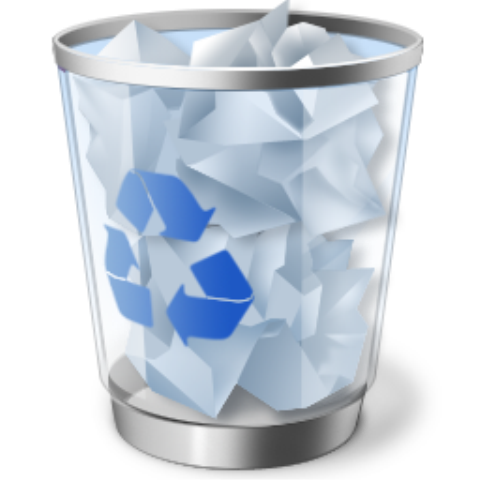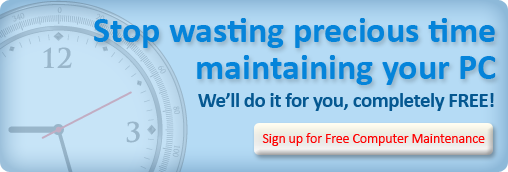 Even small programs can consume your computer’s system resources which leads to computer slow down, crashes and freezes. When your Windows system resources are low your computer has less processing power for each application.
Even small programs can consume your computer’s system resources which leads to computer slow down, crashes and freezes. When your Windows system resources are low your computer has less processing power for each application.
Having even a few unnecessary programs can unnecessarily hog system resources. In addition, many programs launch in the background as Windows starts up, which can begin slowing down your computer before you even begin using it.
To alleviate this problem, Windows has a tool that allows your to remove programs that you don’t need or want anymore. Even if you have a new operating system, such as Windows 7, removing programs you don’t need is still an important part of making your computer faster.
All of your computer’s data is stored on your hard drive. Hard drives work more quickly and efficiently when there is plenty of free disk space available.
This means that when you are limited on free space and have too many unnecessary programs that are not removed from your computer, a high percentage of your computer’s memory on the hard drive is being used for programs that go unused, which can contribute to a decrease in computer performance and speed.
When there is little free space, your PC has to spend more time trying to sort through all of the the files on your hard drive to eventually load what you are looking for.
By occasionally removing unused software and performing routine computer maintenance you can better avoid this problem. All you need to start cleaning up your PC and removing excess software is the Windows Add/Remove Programs feature found in the Control Panel on your PC.
If you need help performing this task, be sure to check out these resources:
- How to change or remove a program in Windows XP (Microsoft Support)
- Optimize your PC by removing software (The Official Windows magazine)
If you have any other tips about removing software from your computer, feel free to share in the comments below.
